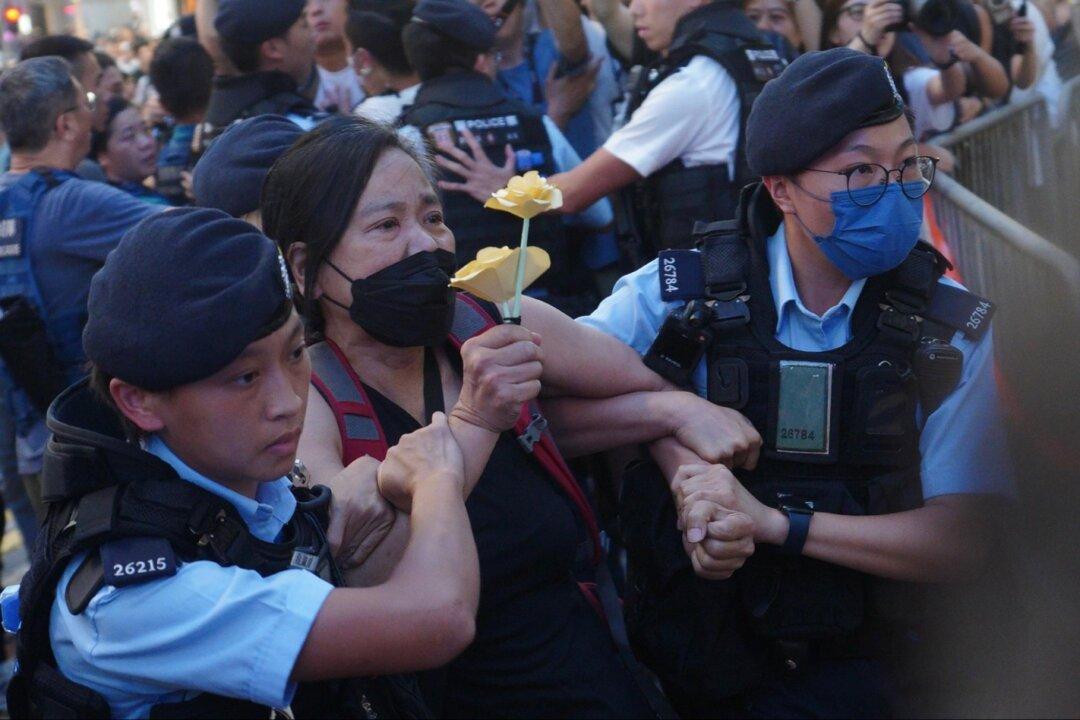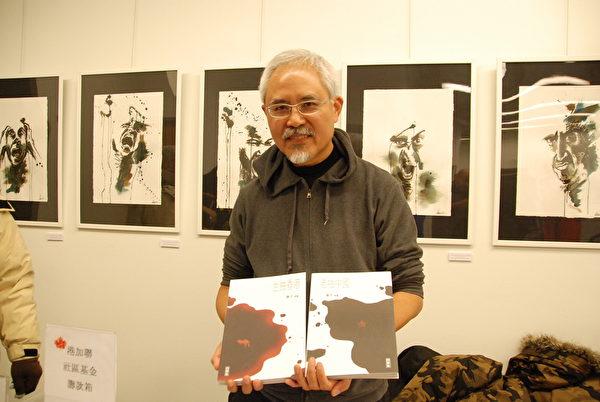Commentary
This year marked the 34th anniversary of the June 4th incident, a 1989 student-led demonstration in China that resulted in bloody suppression and massacre. Since then, the annual June 4th candlelight vigil has been part of Hong Kong’s history until 2020, when the national security law banned such national security-threatening activities. However, with the ongoing exodus of Hongkongers, the candlelight of June 4 followed their footsteps and spread globally.





